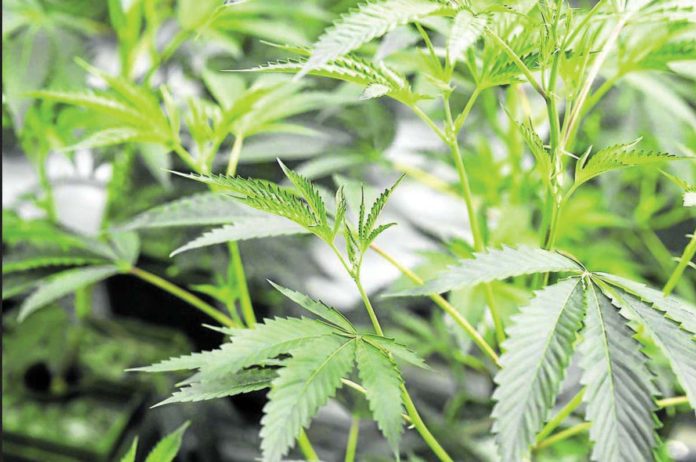
ILOILO – The House of Representatives passed the medical marijuana bill, officially known as House Bill No. 10439 or the proposed Access to Medical Cannabis Act, on its third and final reading. The bill garnered support, with 177 lawmakers voting in favor including those from Iloilo, against nine opposing votes and nine abstentions.
The bill, which aims to legalize the use of cannabis for treating various medical conditions, has stirred discussions among Iloilo’s representatives.
Second District’s Cong. Michael Gorriceta supported the bill, emphasizing the potential benefits of medical cannabis for patients needing alternative treatment options.
“I am confident that the use of medical marijuana will not be abused, given the stringent regulations outlined in House Bill 10439,” Gorriceta told Panay News.
Under the bill, only qualified patients diagnosed by accredited physicians are eligible to receive medical cannabis as treatment.
Furthermore, the bill stipulates that violations of its provisions could result in fines ranging from P500,000 to P1 million and imprisonment from six months to six years.
“This drug is strictly regulated and can only be used by persons who badly need it,” added Gorriceta, asserting that the government will enforce strict compliance once the bill is approved by the Senate and signed into law by President Ferdinand “Bongbong” Marcos Jr.
Third District’s Cong. Lorenz Defensor also voted in favor, citing the opportunity for patients to benefit from legitimate medical use of marijuana.
He also stressed that the use would be “under supervision”, as mandated by the bill.
Fourth District’s Cong. Ferjenel Biron, a medical doctor, supported the bill for its potential to aid patients requiring pain management.
He, however specified that his vote was solely for medical use involving imported formulations, not local cultivation.
Attempts by Panay News to interview 1t District’s Cong. Janette Garin, 5th District’s Cong. Raul Tupas, and Kabataan party-list’s Cong. Raoul Manuel were unsuccessful at the time of reporting. However, Garin, also a physician, previously acknowledged the medical benefits of marijuana, particularly for conditions like seizure disorders.
“There certainly are medical benefits, especially for those with seizure disorders who face high costs for treatment,” Garin stated in an earlier interview.
Moreover, Garin expressed concerns about regulating marijuana cultivation, preferring it to be confined to government-controlled areas to prevent misuse, instead of private cultivation.
For his part, Manuel previously told Panay News, “There are studies saying that medical marijuana can help patients in need so as a legislator, I believe that we should listen to those studies.
He also stressed the importance of differentiating medical marijuana from recreational marijuana so as to allay the fears of those warning that there could be potential abuse.
The bill also establishes a Medical Cannabis Office, responsible for issuing prescriptions for medical cannabis after verifying that the physician is not on the Dangerous Drugs Board’s watch list.
House Committee on Dangerous Drugs chairperson, Rep. Robert Ace Barbers, emphasized that the law would strictly regulate medical cannabis use and maintain prohibitions on recreational marijuana.
This legislation lists qualifying medical conditions for cannabis use, including:
* cancer
* glaucoma
* multiple sclerosis
* damage to the nervous system or the spinal cord, with objective neurological indication of intractable spasticity
* epilepsy
* positive status for human immunodeficiency virus or acquired immune deficiency syndrome
* post-traumatic stress disorder
* rheumatoid arthritis or similar chronic autoimmune inflammatory disorders
* diseases that require hospice care admission
* other conditions that may be identified by the Department of Health through the Medical Cannabis Office/PN




